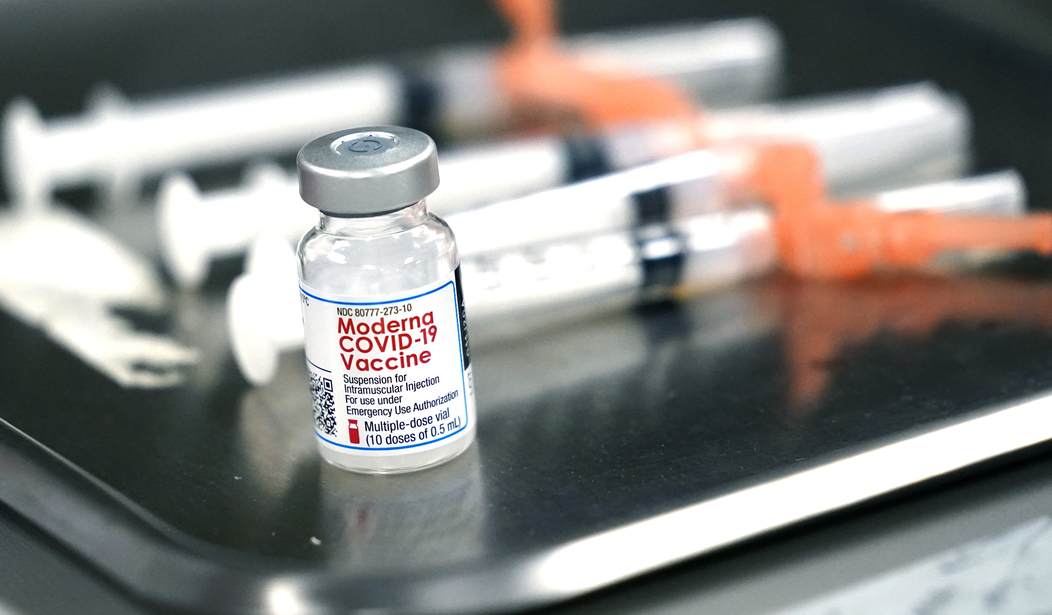The COVID-19 pandemic has, among other things, highlighted the need for global cooperation during a public health crisis. Recognizing this need, 100 developing countries, led by South Africa and India, requested the World Trade Organization (WTO) waive provisions of the Trade-Related Aspects of Intellectual Property Rights (TRIPS) Agreement to resolve vaccine inequality.
In the context of COVID-19, waiving the TRIPS Agreement could theoretically provide governments in developing countries the ability to “expedite the development, manufacturing and marketing of tests, treatments and vaccines.” Specifically, India and South Africa raised a concern that “intellectual property rights such as patents, industrial designs, copyright and protection of undisclosed information… create barriers to the timely access to affordable medical products including vaccines and medicines…essential to combat COVID-19.”
Advocates of waiving the TRIPS Agreement, including President Biden and Vice-President Harris, believe doing so will allow less developed countries to “expand vaccine manufacturing and distribution.” Signed in 1995 by WTO members, the TRIPS Agreement “sets out the minimum standards of protection” for intellectual property “to be provided by each member.”
While waiving provisions of the TRIPS agreement might seem a simple way to support developing countries fighting the spread of COVID-19 within their borders, doing so would not address the root cause of vaccine shortages in developing countries. Rather than penalizing U.S. COVID vaccine manufacturers, the WTO and Federal Government should pursue alternative strategies that will ultimately get shots into arms quicker than simply allowing governments in developing countries unfettered access to intellectual property.
Recommended
One of the significant flaws in the proposal to waive the TRIPS agreement is that most developing countries do not have the manufacturing and distribution facilities to make the COVID vaccines. Unlike the United States, the European Union, the United Kingdom, and China, less developed countries do not have the facilities to manufacture and distribute COVID vaccinations at the scale required to vaccinate their populations. Reports suggest India is producing about “2 million doses each day” but needs to “vaccinate between 6 and 7 million” to slow the spread of the virus. In a recent interview with Quartz, Adar Poonawalla, CEO of the Serum Institute of India, stated he would need $400 million to scale production at his facility to the levels necessary to support the country’s vaccination efforts.
South Africa is in an equally tricky position as it currently “does not have large-scale vaccine manufacturing capability.” The United States, on the other hand, has a growing production capacity that enables it to produce 3 million doses each day. In fact, U.S. vaccine production has allowed Washington to donate millions of vaccines to other countries that cannot make their own.
The limited production capacity of countries like South Africa and India means that even if they had the information needed to produce vaccines, they could not currently manufacture and distribute them within their borders. This fact alone makes clear that waiving the TRIPS Agreement is a symbolic rather than substantive move.
While waiving the TRIPS Agreement would not help countries get shots into arms, other steps could amplify vaccination programs in developing countries.
One such method that has already proven successful is further investment in the global COVAX program to bring vaccines to less developed communities. Since its first delivery to Ghana in February 2021, the COVAX program has provided over 38 million doses to over 100 countries. As of April 16, the United States already donated over $2.5 billion to the program. The European Union has donated $477 million, while Canada has contributed only $199 million. The significant disparities between the United States and other nations regarding financial support show considerable room for other countries to support the COVAX program further.
The significant benefit of COVAX is it does not require countries without the manufacturing and distribution capacity to produce their own vaccines. Indeed, with further investments from governments, COVAX would be better placed to provide vaccines to those in less economically developed countries.
While the objective of waiving the provisions of the TRIPS agreement is admirable, it should be readily apparent to policymakers in Washington and the WTO that loosening intellectual property protections will not expedite vaccine manufacturing or distribution in economically developing countries. These countries do not possess the facilities to manufacture and distribute vaccines themselves. To tackle the urgency of vaccine inequality, developed countries should be taking further steps to financially support the COVAX program that has already shown great success in providing COVID-19 vaccines to developing countries.
Edward Longe is a Policy Manager at the American Consumer Institute, a nonprofit educational and research organization. For more information about the Institute, visit www.TheAmericanConsumer.org or follow us on Twitter @ConsumerPal.

























Join the conversation as a VIP Member